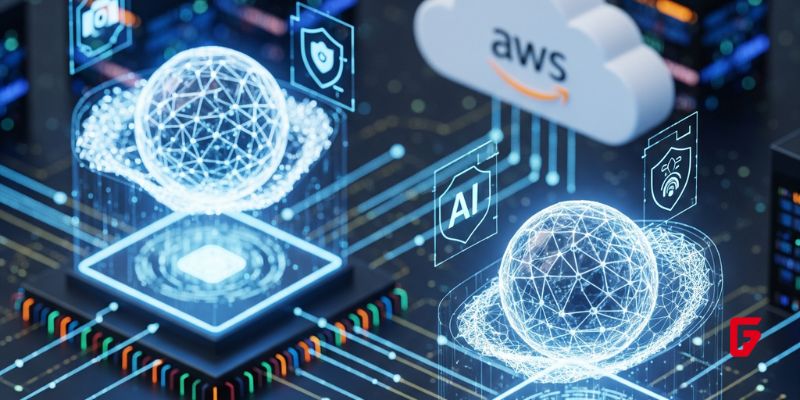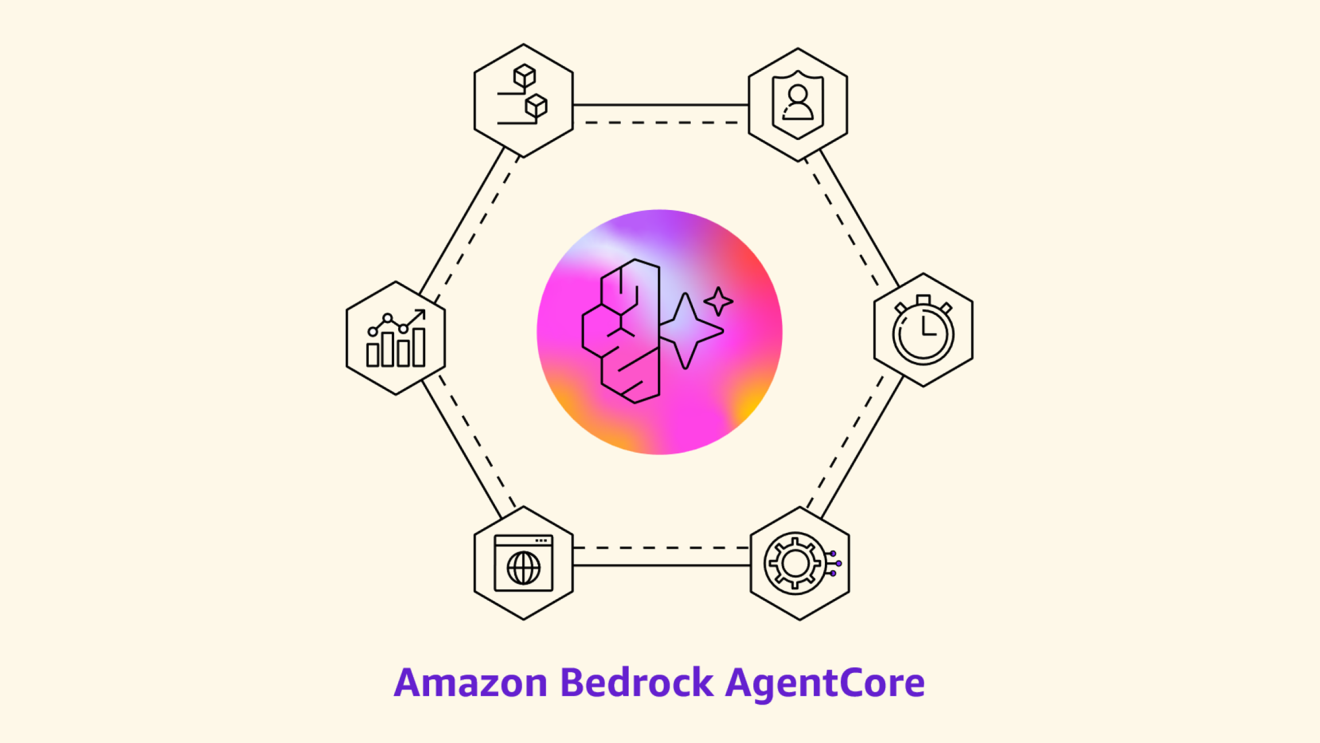The rapid advancement of foundation models has been more than just a boost for content creation; it has ushered in a transformative era for AI agents—adaptive software that can plan, reason, and act in pursuit of user-defined goals, often with minimal human involvement. These agentic systems are now the backbone for a wide spectrum of applications, from customer support assistants to process automation.
Yet, as demand grows for robust, scalable AI agents in production environments, the operational hurdles have multiplied for developers, especially when security, compliance, and performance are non-negotiable requirements.
The Challenge: Scaling AI Agents
Building AI agents has gotten easier thanks to open-source frameworks like CrewAI, LangGraph, LlamaIndex, and Strands Agents. But taking a clever prototype and deploying it to thousands of users, securely and at scale, remains a time-consuming challenge. Developers are often bogged down managing session state, setting up identity controls, ensuring data privacy, wiring up observability dashboards, and establishing robust memory and security systems—all while grappling with compliance.
Launching Amazon Bedrock AgentCore
AWS has introduced Amazon Bedrock AgentCore, a suite of services designed to take the friction out of deploying, operating, and scaling AI agents in production. AgentCore is framework-agnostic, so teams can keep using their favorite open-source or internal tooling. Key features include:
AgentCore Runtime: Sandboxed, serverless environments that isolate user sessions, support long-running agents, and work with multimodal AI workloads.
AgentCore Memory: Manages both short-term session and long-term data to supply agents with relevant, historical context—crucial for learning and improving over time.
AgentCore Observability: Real-time monitoring of agent actions, including stepwise execution visualization, custom scoring, and metadata tagging.
AgentCore Identity: Securely manages access to AWS and third-party services (like Github, Salesforce, and Slack), either on behalf of end users or for the agents themselves, based on user consent.
AgentCore Gateway: Turns existing APIs and Lambda functions into agent-ready tools, enabling seamless access across protocols including the Model Context Protocol (MCP).
AgentCore Browser: Empowers agents with managed web browser instances for automating workflows that require web navigation.
AgentCore Code Interpreter: Safely runs agent-generated code in isolated sandboxes.
Each service can be adopted independently, but they’re engineered to work best as a stack, greatly minimizing the effort required to bring enterprise-grade agentic solutions to market.
Real-World Example: A Customer Support Assistant
Picture a customer support workflow: A user emails a question. Human staff need to validate the email, cross-reference CRM records, check the order history, and dig into product FAQs before drafting a reply. With a well-configured AI agent, these steps can be executed almost instantly.
In a practical prototype, the agent connects to internal tools (or simulated APIs via Python functions, for testing), retrieves customer and order info, consults knowledge bases, and even generates a draft reply for the support team to review. Using AgentCore Runtime, deploying such an agent is straightforward.
With only minimal changes—importing the AgentCore SDK, defining the app entry point, and adjusting network settings for the right security posture—the agent can be launched, tested locally, and then moved to secure cloud endpoints with robust isolation. The process incorporates specifying which AWS resources the agent can access, keeping data security and privacy top of mind.
Seamless Integration and Customization
AgentCore doesn’t lock teams into a one-size-fits-all mentality. You can plug it into any agent framework, tailor network settings (including upcoming VPC-only support for private cloud resources), and augment with pre-built tools and agents from the AWS Marketplace. Unified access, runtime discovery, and detailed observability mean developers can focus on what matters: making AI agents truly helpful and reliable.
Why AgentCore Is a Game-Changer
By abstracting the grunt work—building infrastructure, designing secure identity flows, debugging complex trajectories—AgentCore enables development teams to deliver production-ready AI solutions with unprecedented speed. Teams no longer need to cobble together bespoke infrastructure for every deployment. With this modular, enterprise-ready toolkit, the next wave of AI-powered automation doesn’t just look promising; it’s ready for real-world adoption.



